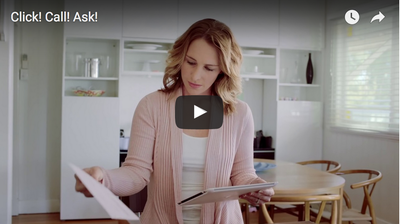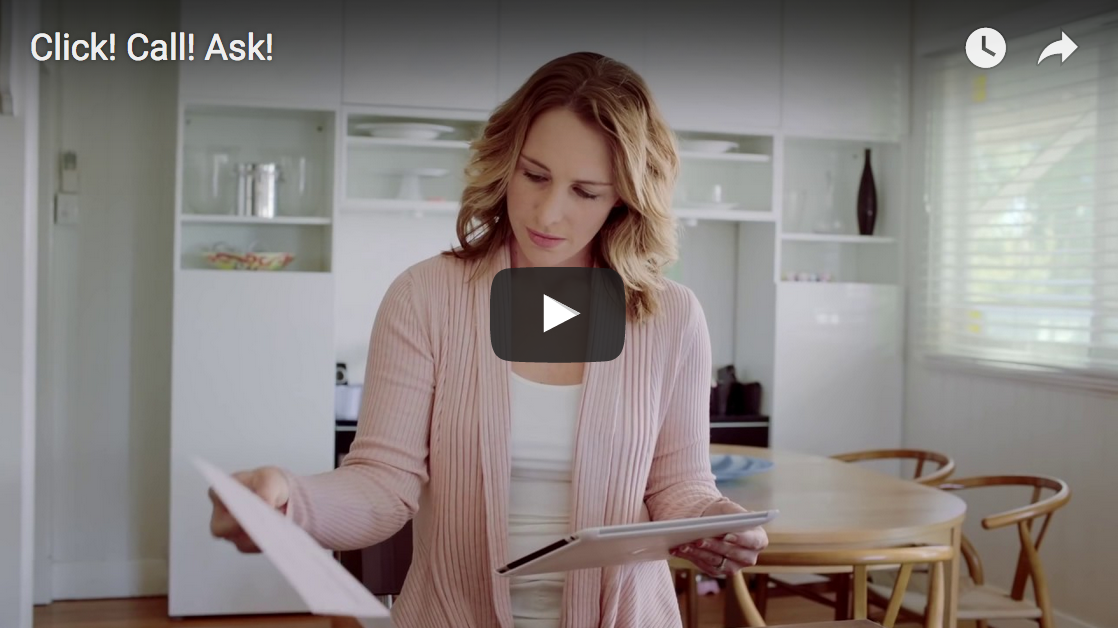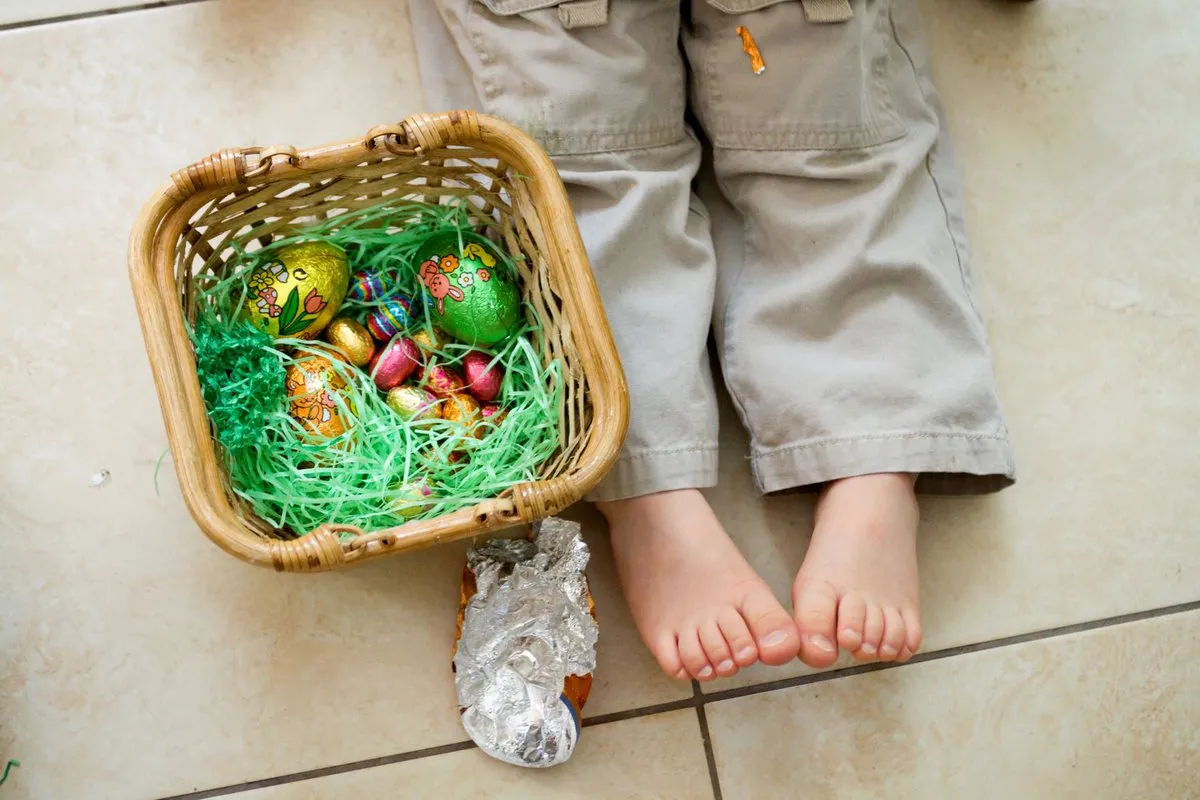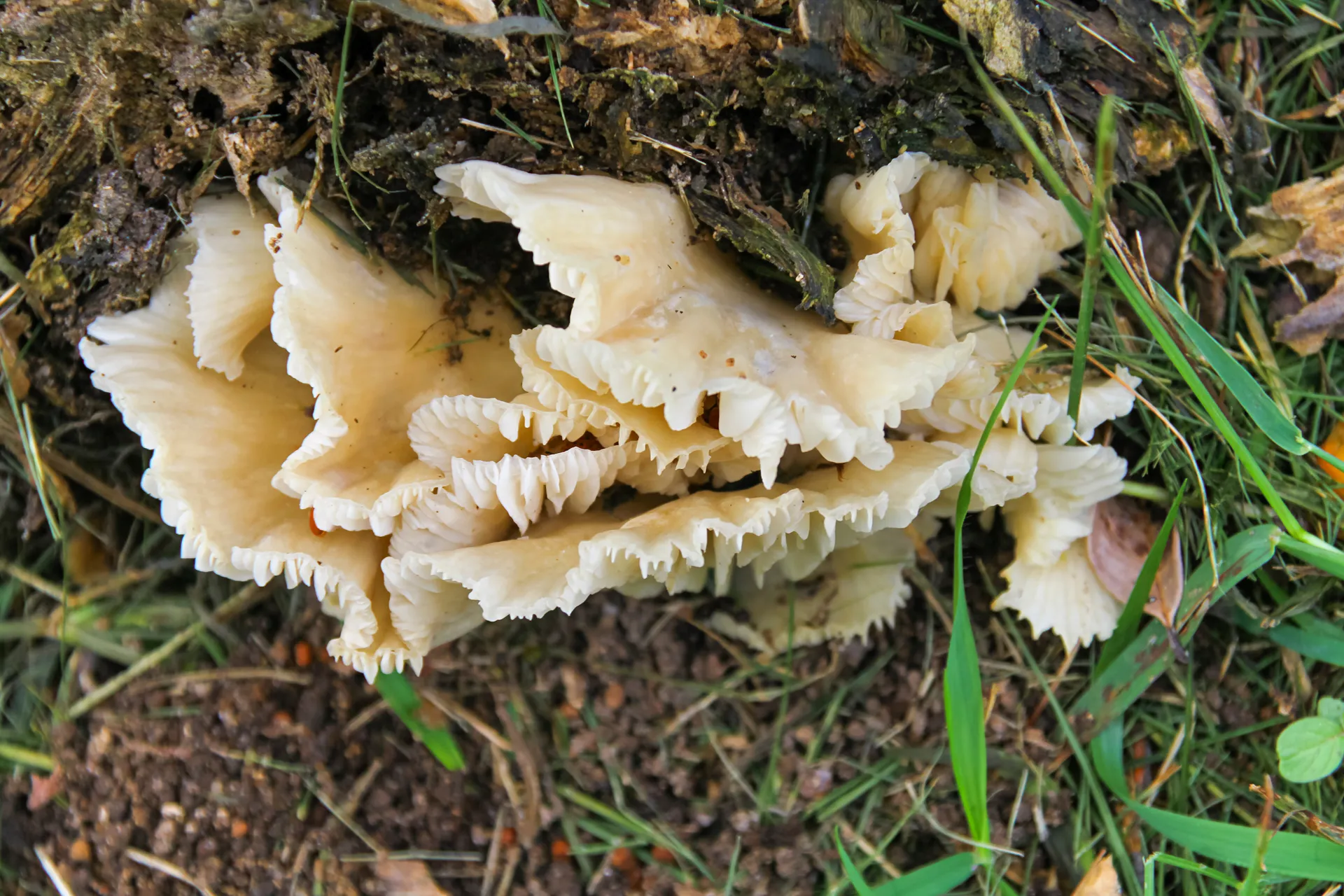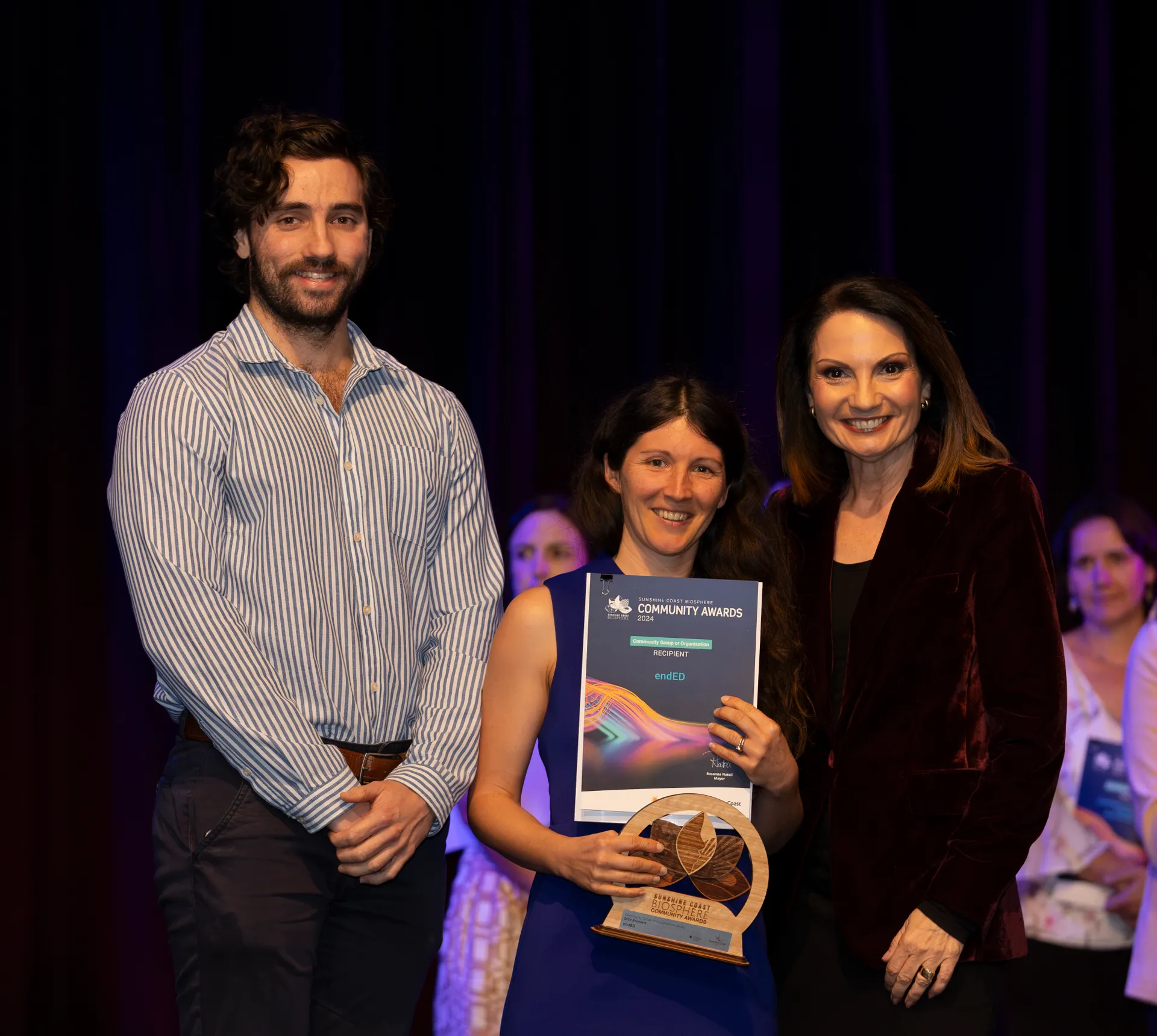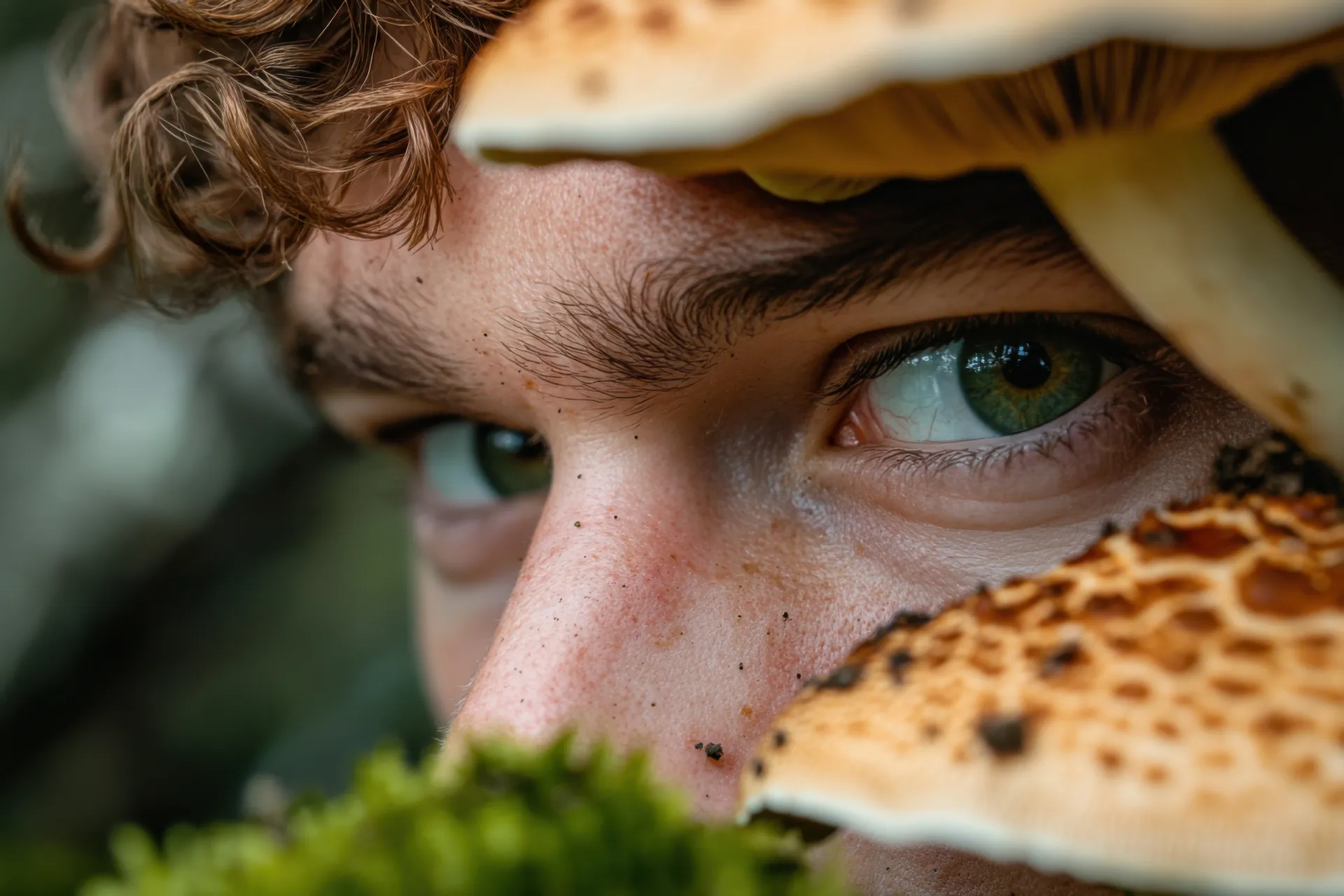A day in the life of OzHarvest
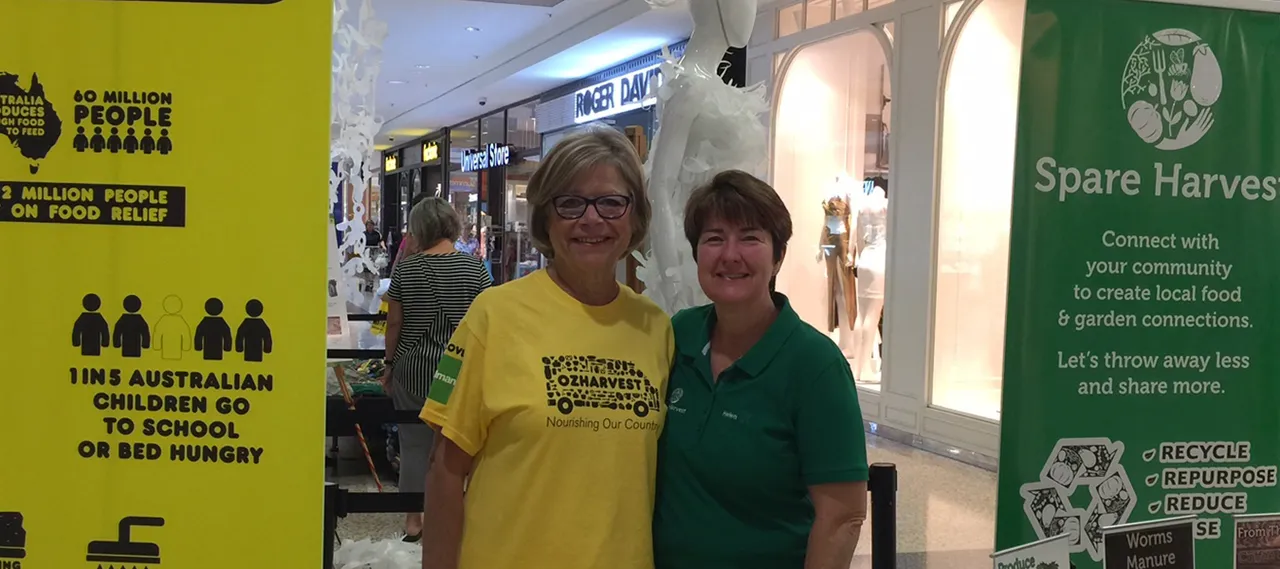
OzHarvest groups across the country are waging their own "war on waste".
OzHarvest groups across the country are waging their own "war on waste" by rescuing surplus fresh food that would otherwise end up in landfill and getting it into the hands of needy families.
Sunshine Coast Chapter Coordinator, Michele Lipner, shares a snapshot of a busy Monday of food rescue with Living Smart.
**8.15am: Four enthusiastic volunteers gather, ready for the week's first rescue and delivery mission. Together they sort through hundreds of kilograms of fresh produce and baked goods, donated the previous day by growers from the Fishermans Road and Noosa Farmer's Markets.**
Taking into consideration the requirements of recipient charities, the team boxes up a whopping 300-600kg of fruit and vegetables ready for delivery. They aim to make each gift substantial enough to be turned into meals or emergency food relief packages.
When the sorting is completed, the volunteers drive off in different directions, with neighbourhood centres, schools, charities and community programs across the region in their sights. Up to 14 community groups receive food packages every Monday. Volunteers also collect additional dry goods and drinks from local BP stores.
9.30am: A volunteer picks up excess food from a local supermarket and delivers to two charities in Maroochydore.
Late morning: After supporting the morning food distributions, Michele heads out to the Queensland Yoghurt Company at Kunda Park to pick up their excess production for the week, with distributions to schools or community programs that prepare meals. After that she will collect excess meat from a local butcher for distribution over the coming days.
Early afternoon: Michele records daily food totals on an OzHarvest data base with the remainder of the afternoon spent on administrative tasks such as communicating with potential recipients and food suppliers, as well as planning upcoming events.
4pm: One volunteer collects excess bread from a local bakery for overnight storage and early morning distribution.
2500 kilograms of food rescued every week
The group rescues up to 2500 kilograms of food per week, supporting 25 agencies from Gympie to Cotton Tree and out to Nambour.
Michele says the six day a week routine requires meticulous scheduling to ensure food is received while it remains fresh, and recipient organisations can plan their programs around the deliveries.
"The regular routine means a reliable supply for those agencies, so they can divert funds they would have usually spent on providing meals to their clients, into other programs," Michele said.
Food is supplied by local producers, supermarkets, farmer's markets, speciality producers, butchers and bakers. Additionally, canned and dry goods are donated by school and community pantry drives.
Bringing people together
Organisations that receive the food use it in a variety of ways: some prepare meals for clients; others provide emergency relief packages for needy people who are accessing other services offered by the organisation. In schools, food is either provided via the chaplaincy breakfast programs and/or school lunch initiatives.
"There's a whole community of people out there who are struggling to make ends meet for multiple reasons," Michele says. "The provision of food brings people in the community together, allowing them to reach out to one another. By providing meals, organisations that service people in need also have the opportunity to offer assistance that might not otherwise be sought."
As an example, with the support of OzHarvest Sunshine Coast, Maroochy Neighbourhood Centre launched a community dinner program in 2016. The program now provides meals twice a week for up to 55 homeless, isolated or vulnerable people and their families.
Within six months of the dinners commencing, Orange Sky Laundry began providing mobile laundry services at the Centre. Hair Aid began offering free haircuts, and more recently, a mobile shower was donated. Collectively these interventions not only help to provide for basic needs, they have also enabled vulnerable community members to come together, reach out and feel less isolated.
Since commencing operations in 2014, over 100 tonnes of excess quality food has been rescued and redistributed by OzHarvest Sunshine Coast - the equivalent of about 300,000 meals!
OzHarvest also works with partner organisations such Spare Harvest to raise awareness of food waste with the aim of empowering people to address food waste in their own homes, the community and in businesses.
The local team can be found in bright yellow t-shirts at markets and community events, talking to people about healthy eating, nutrition, reducing our carbon footprint and minimising food waste at home. To find out how you can reduce food waste in your home, see our article Three tips to reduce food waste with OzHarvest.
To find an OzHarvest chapter near you, visit the OzHarvest website or make contact with the Sunshine Coast Chapter via their Facebook page. New volunteers are welcome.
